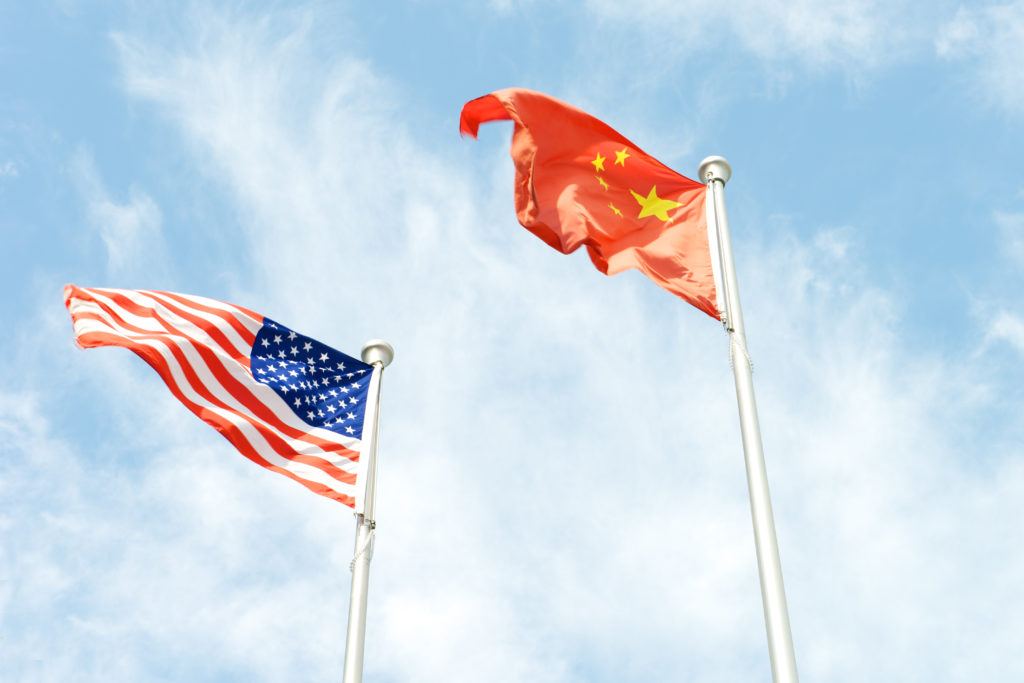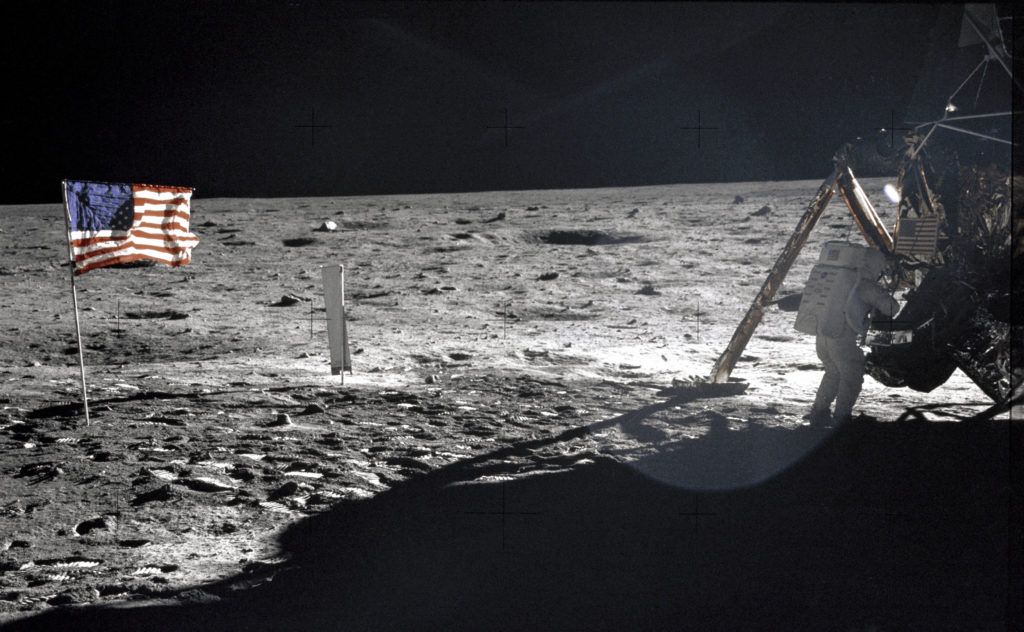
STARDATE 2040 – A fleet of heavy-lift Chinese spacecraft has successfully landed on the planet Mars and construction has started on the first buildings of the long-planned military base.
China pushes ahead, as the U.S. goes back
Under the provocative title “China is winning the 21st century space race” Fortune magazine set out what we know about Beijing’s extraterrestrial intentions. Mr. Xi’s ambitions lie far beyond dominating the South China Sea.[1. Vikram Mansharamani, Fortune, March 31, 2016: “China is winning the 21st century space race.”]
While we are never quite sure of China’s budgets, the World Economic Forum estimated that in 2013 spending on space was just over $6 billion (against $39 billion for the United States). That was enough to put China second in the global league table: just ahead of Russia ($5 billion) and far ahead of other countries (the UK’s figure was a miserly $367 million).
Yes, far behind the United States. But two facts need to be remembered. First, developing nations are often much better at getting value for money. India’s remarkable 2014 trip to Mars came in at around one-tenth of what it would have cost the U.S. to do the same thing.[2. For a “staggeringly cheap” $74m. Here is the BBC report. ]
Second, note the trajectory. China’s spending is going up: and (unlike the U.S., where space policy flips with administrations) they have a long-term plan.
Here are some more facts that should worry the west.
- The International Space Station, which has so far cost $150 billion, will be shutting up shop in the early 2020s. Meanwhile, China has been building its own. Already it has astronauts there. It will be fully operational by 2022. Meanwhile, Congress has banned the U.S. from working with China, so will be excluded from any participation.
- “In 2013, China became the third nation—after the United States and the Soviet Union—to soft-land a spacecraft on the moon. In 2014, the country also sent a probe around the moon and back, the first such mission since the 1970s.”
- In 2019 China plans to send a probe to land on the far side of the Moon (a first), and bring back rock samples.
- And then send astronauts.
- And then, to Mars. Initially, an unmanned rover, in 2020, 40 years after the U.S. Viking probe. And then, people.
China has an eye firmly fixed on the future. Hegemony in space is integral to its plan to supplant the United States as the world’s superpower.

For the United States – back to the future
Back in the mid-20th century past, before the digital revolution deluged us with computing power and mobile devices, the west lived through something that looked like the future at the time, and still looks like it.
The hottest thing in air travel was a supersonic plane called Concorde. We were all watching the Jetsons. And close to 60 years ago a U.S. President promised us a man on the Moon.
The Space Race, kicked off by Soviet Russia with the launch of Sputnik, became an overwhelming American priority. For a decade, politicians of both parties kept faith with President Kennedy’s vision. At one point close to 5% of the entire U.S. federal budget was spent on NASA. The current equivalent figure is closer to one-half a percent.
A man was duly delivered to the Moon a year ahead of schedule. (Personal disclosure: one of the joys of my life was to have shaken the hand of Neil Armstrong. And also discovered that we shared a birthday!)
Then, more than 40 years ago, America just lost interest.

With the Soviets left in the dust, JFK’s promise fulfilled, and fresh demands on budgets (like Vietnam), the vision lapsed. There would be no more men, or women, on the Moon after Apollo 17’s landing in 1972. And the Space Shuttle programme (Plan B), intended to be a low-cost effort, proved a disaster – both for the accountants and, of course, tragically for two of the crews.
After the Shuttle programme ended, even sending Americans to the International Space Station – a collaboration with other nations, famous mainly for Commander Chris Hadfield’s performance of David Bowie’s Ground Control to Major Tom – involved the ultimate humiliation of hitching a ride from the Russians.
As some wag suggested, this sequence would make more sense in reverse. First, Americans get into earth orbit, but depend on other nations (aka, Russia) for lift. Then the U.S. develops its own lift in the form of the Space Shuttle. Finally, heavy lift is established and enables manned exploration of the Moon. A NASA version of Benjamin Button.[3. Benjamin Button, the title of a 2008 feature film based on the book by Scott Fitzgerald, is the story of man who lives life in reverse; he keeps getting younger.]










Join the discussion
Join like minded readers that support our journalism by becoming a paid subscriber
To join the discussion in the comments, become a paid subscriber.
Join like minded readers that support our journalism, read unlimited articles and enjoy other subscriber-only benefits.
Subscribe